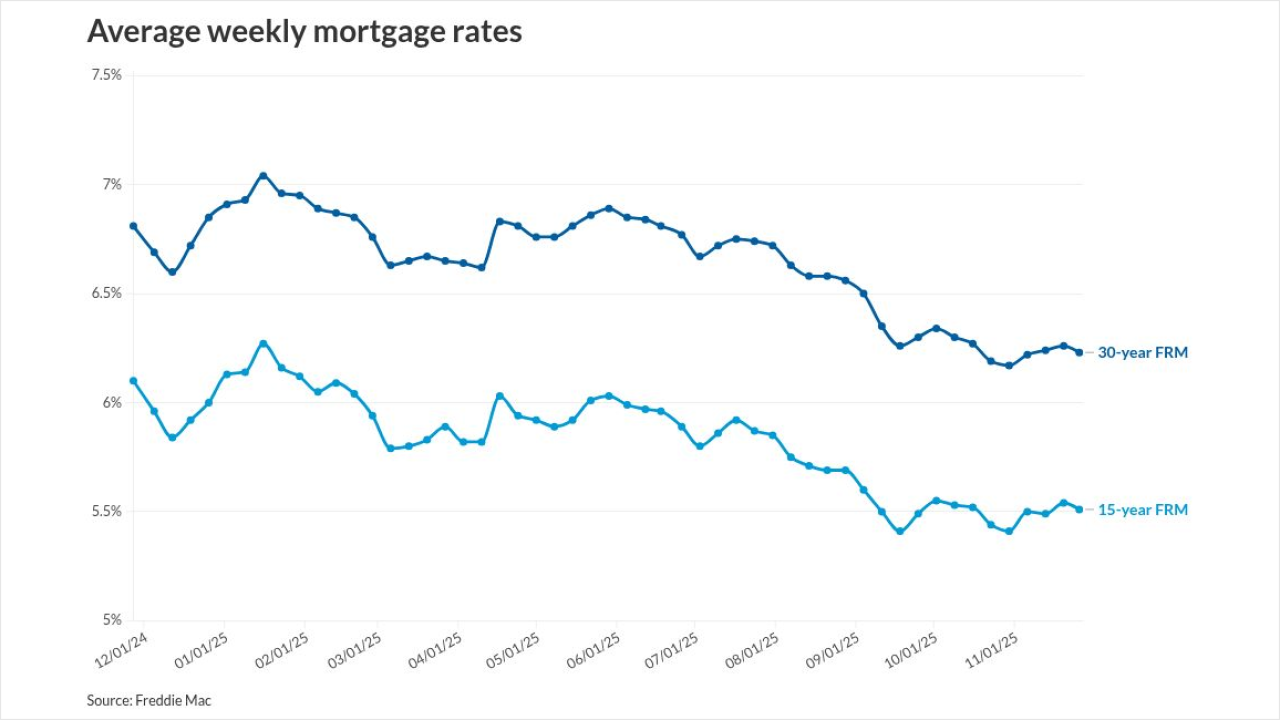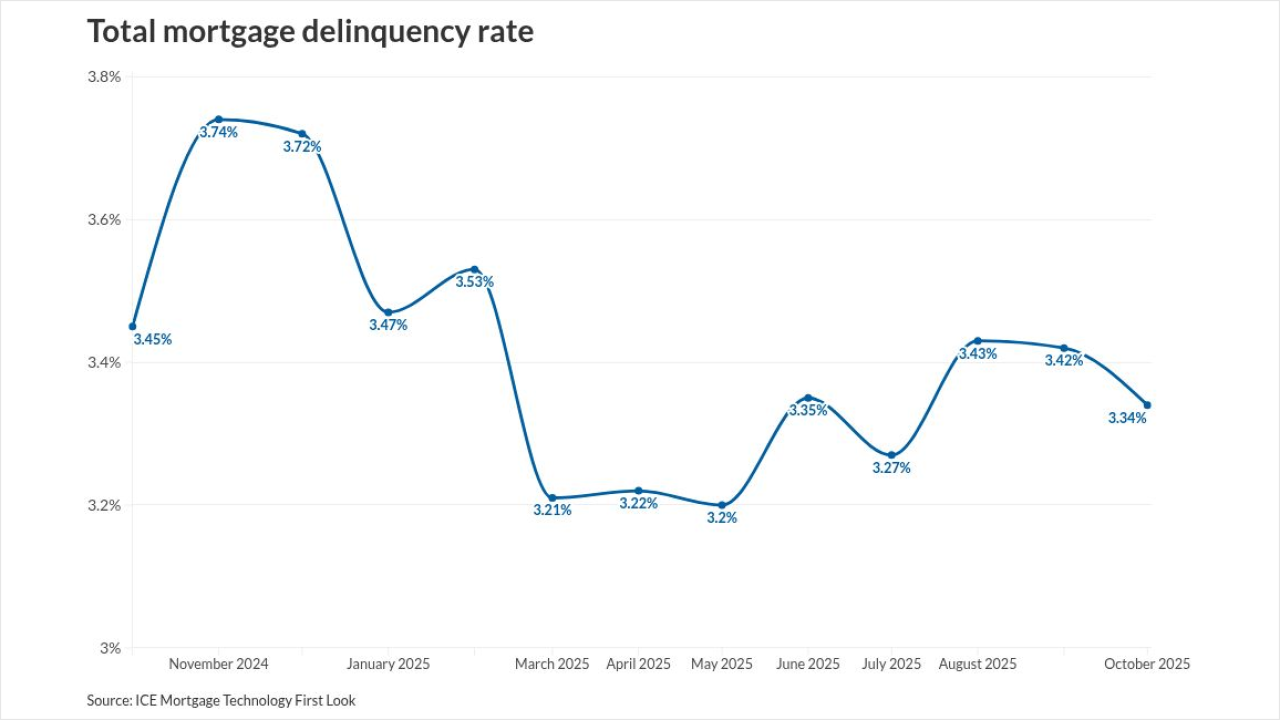Prosper Marketplace reported a $115 million net loss for 2017 as the San Francisco-based online lender felt the consequences of a deal that eased its funding struggles early last year.
Under

It has done so, but at a price. The fair value of the warrants vested on the sale of borrower loans totaled $60 million, accounting for more than half of Prosper’s net loss in 2017, according to the company’s annual report.
The privately held company also recorded a $29 million expense due to the change in fair value of convertible preferred stock warrants that were issued in connection with a 2016 legal settlement.
Prosper uses an online platform to match borrowers — often consumers seeking to consolidate credit card debt — with individual savers, hedge funds and other investors. The 12-year-old company was a pioneer, alongside LendingClub, in a market where banks, including Goldman Sachs, have started to compete.
Prosper originated $2.9 billion in loans in 2017, up 31% from the previous year.
Its employee headcount rose to 377 — up 6% from the previous year, but still 39% below its level at the end of 2015.
Prosper’s adjusted earnings before interest, taxes, depreciation and amortization — a measure of earnings that does not conform with generally accepted accounting principles — were $5.46 million in 2017. That was a substantial improvement from a loss of $38 million according to the same measure during the prior year.





